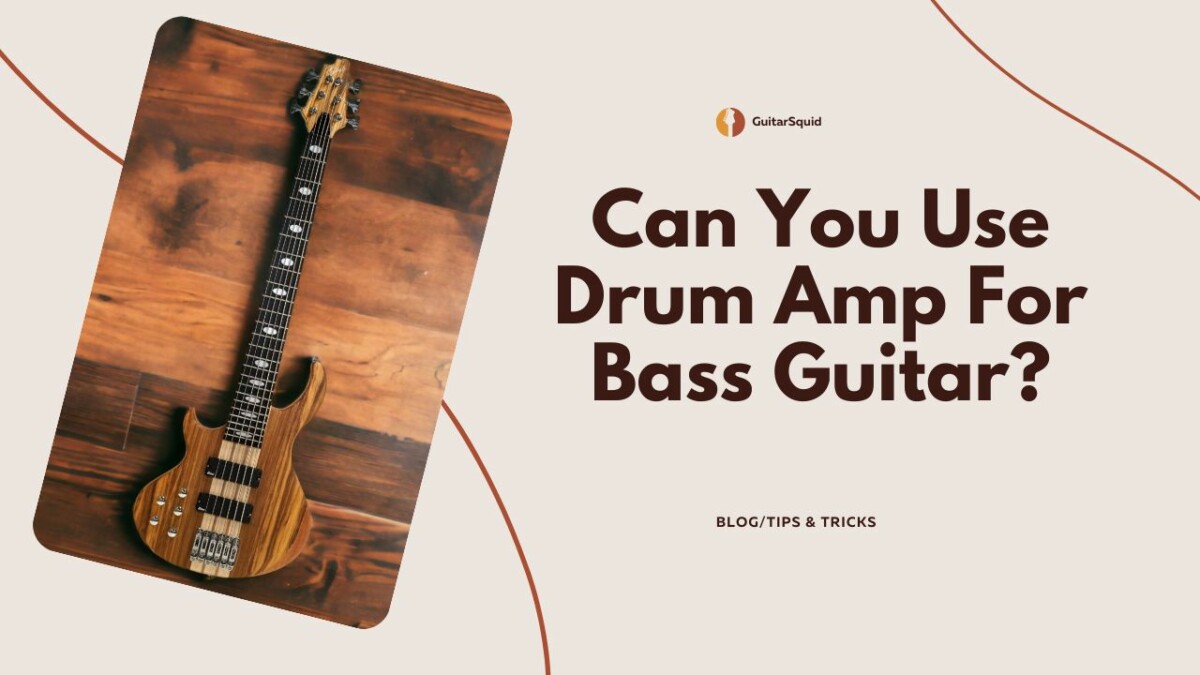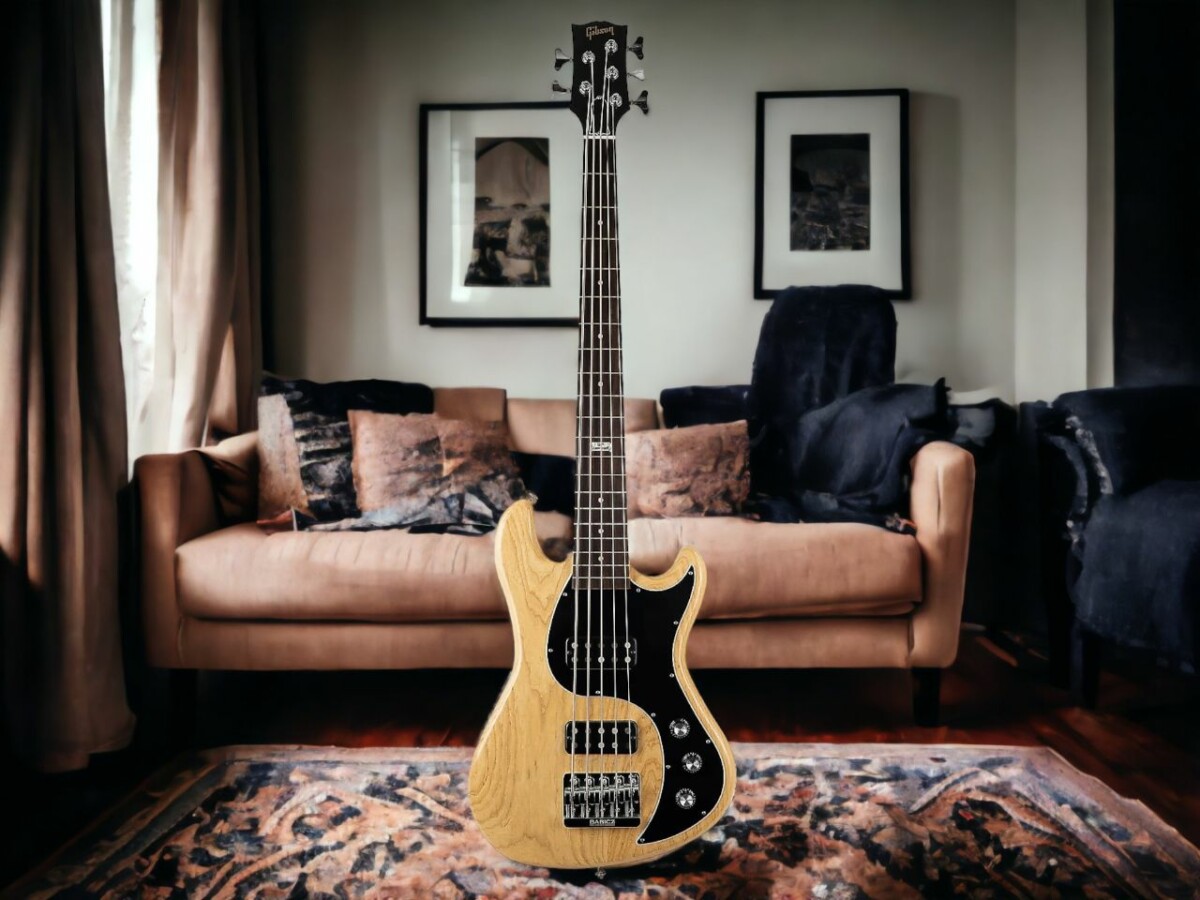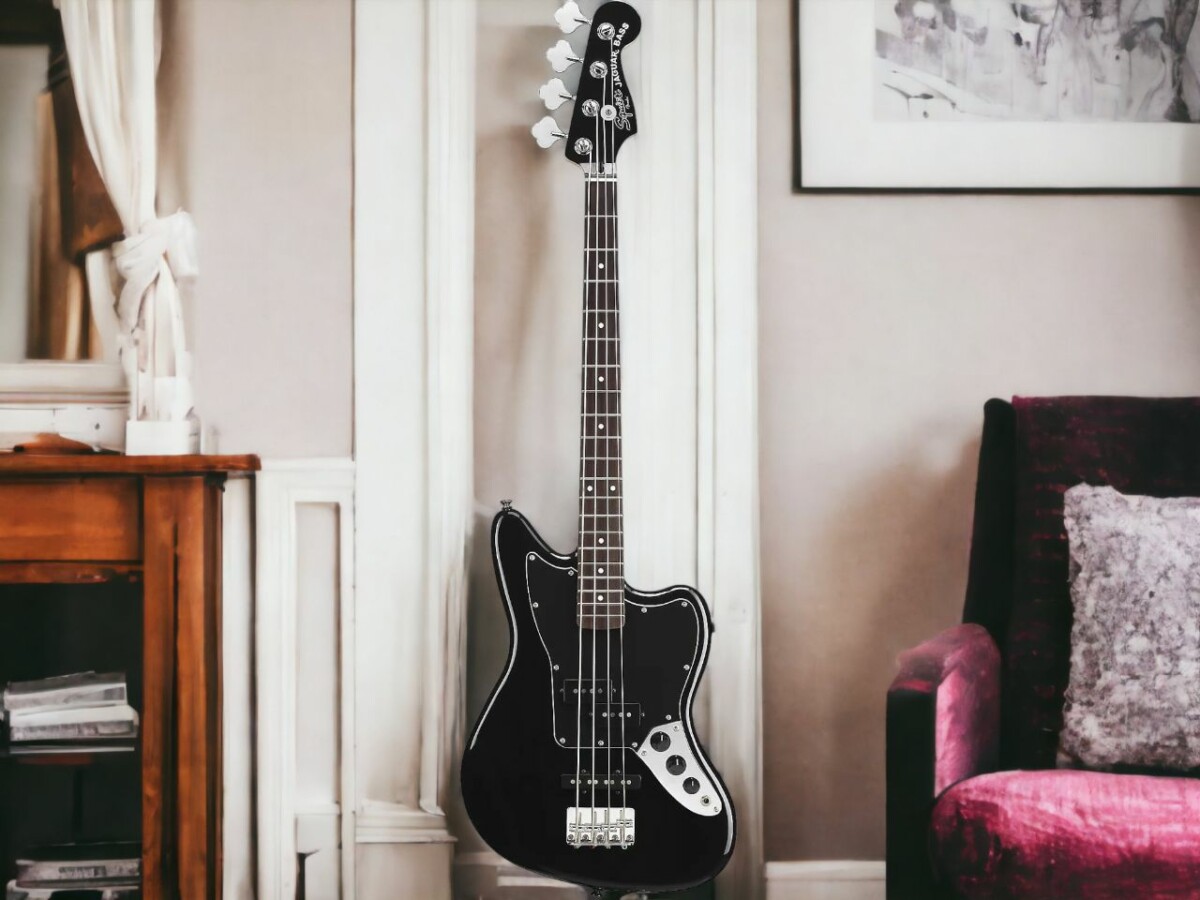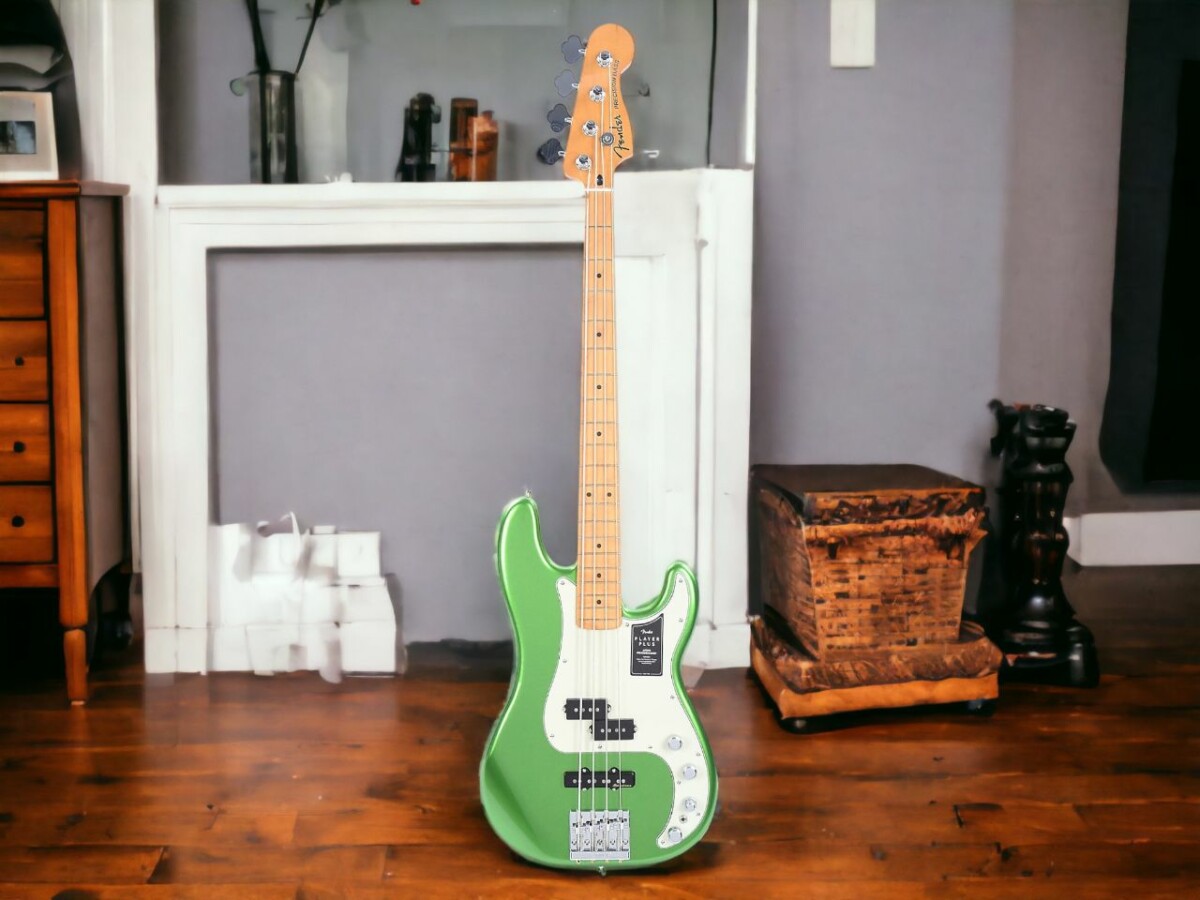You’ve got your bass guitar and you’re eyeing that drum amp. You’re wondering, can these two become best buds? Well, let’s unravel that mystery.
Sure, it’s doable, but it’s not as easy as just plugging in and rocking out. There are things you gotta think about like sound quality, how the amp is built, and how it deals with different frequencies.
It’s kinda like walking a tightrope, but no need to stress. We’re here to break it down for you, debate the good and the bad, and dish out some solid advice.
Ready for this deep dive? Let’s go.
The Controversy: Using Drum Amp for Bass Guitar
Sure, it’s possible to use a drum amp for a bass guitar, but there are a few things to bear in mind. Drum amps are geared to cover a wide range of frequencies which can work well for bass guitars. That said, they might lack the specific tone-shaping options you’d typically find in a dedicated bass amp.
On a related note, many often wonder, do you really need a bass guitar in a band?. The answer can vary depending on the genre and the desired sound.
In the music scene, there’s always a bit of a ruckus over whether you can use a drum amp for a bass guitar. One could argue that the rhythm section should always be in sync, but that raises another common question: Does the bass guitar typically follow the drums?. The relationship between these two instruments is essential for a band’s rhythm. Sure, you can technically make it happen, but it’s important to remember that amps are kinda like shoes – they’re made to fit certain things.
For example, a bass amp is created specifically to deal with the lower frequencies a bass guitar kicks out. Now, if you try to pump those groovy bass vibes through a drum amp, it’s not really gonna be prepared for that. It’s like trying to squeeze into trainers two sizes too small – something’s gonna give. And in this case, it’s likely the sound quality. It could come across as bit off, maybe even too quiet.
Plus, there’s the whole risk of damaging the speakers due to the output not matching up. So, while it might seem like a chill move to just use what you have on hand, the possible negatives really do say it’s smarter to stick with a bass amp for your bass guitar. After all, no one wants to ruin a good jam session with a busted amp.
The Basics of Amplifiers
Before we dive into the nitty-gritty of using a drum amp for a bass guitar, let’s break down the basics of amplifiers. Consider brands and their unique offerings. For instance, many might be surprised to find out that Martin, a renowned guitar brand, actually makes bass guitars.
Picture an amplifier as the MVP on your audio team, it’s the one that takes the sound from your instrument and boosts it, before sending it off to the speakers.
Now, not all amps are created equal. Take guitar amps, for example. They’re great and all, but they struggle with the low frequencies. It’s not their fault, they’re just not built for it. Push them into the bass zone, and you’re just asking for trouble.
On the flip side, drum amps are a more flexible beast. They’re made to juggle a variety of frequencies, which is why you might be able to use one with your bass guitar.
But let’s get real here, just because you can do something doesn’t mean you should. At the end of the day, quality sound requires the right gear. So don’t skimp on getting the right equipment. Your music, and your audience, will thank you.
The Impact of Preamp and Capacitors on Sound Quality
If you’re into music, you’ve probably realized by now that a preamp and capacitors are the real MVPs in making your sound pop. Especially when you’re jamming on your bass guitar using a drum amp, these little guys can be the difference between a killer performance or a total bust.
- Preamp: Think of this as the soul of your sound. Nail the right preamp and your bass could sing with a cozy, deep vibe or hit hard with a crisp, snappy rhythm. It all boils down to how it pumps up your signal before it hits the power amp.
- Capacitors: These underrated heroes manage the electricity flow which in turn, shapes the tone and response of your bass. They’re like the secret sauce that gives your sound its unique flavor.
- Impedance: This is all about resistance, my friend. If things here don’t match up, you could be looking at some disappointing sound or, worse, a wrecked gear.
- Power Supply: Having a reliable power supply is key to keeping your amp delivering steady sound. It keeps the nasty noise or distortion at bay.
Let me tell you this, knowing your gear inside and out can take your performance game to the next level. So, stay curious, keep experimenting, and most importantly, keep the music flowing!
Power Supply Considerations for Different Amplifiers
When you’re just about to lose yourself in the groove on your bass guitar, it’s not just your amp that needs some serious thought, but also the power supply that’s going to keep your sound tight and consistent. You’ll quickly realize that different amps have their own power supply needs for them to perform at their best.
Take a bass amp, for example. It’s a power-hungry beast due to the deep, low frequencies it churns out. So, you’ll need a power supply that’s both reliable and has a hefty capacity.
On the other hand, if you’re thinking about using a drum amp, it’s not quite as demanding. But regardless of the amp, always make sure your power supply is on point. A dodgy one can give you a sound that’s all over the place, and even worse, it could wreck your amp.
Design Differences: Bass and Guitar Amplifiers
Just so you know, there’s a boatload of differences when it comes to the design of bass and guitar amps. They’re each meticulously designed to fit the vibe and necessities of the instrument they’re paired with.
First off, let’s talk about frequency range. Bass amps are pretty much the heavy-lifters, dealing with all those deep, low frequencies that guitar amps just can’t handle.
Moving on to speaker design, bass amps are usually rocking larger and stronger speakers since they need to handle those intense vibrations. Think of them like the bouncers of the speaker world.
Then there’s signal processing. Bass amps like to keep things chill, with a simpler signal path and less of those fancy tone shaping options you’d find in guitar amps. Kind of like choosing a clean, minimalist aesthetic over a chaotic, boho-chic vibe.
Lastly, we’ve got output power. Bass amps are like the gym buffs of the amp world, flexing more power output to move those beefy speakers and belt out those low-frequency sounds.




